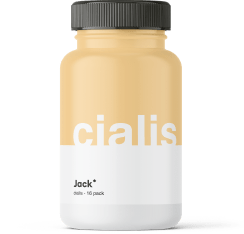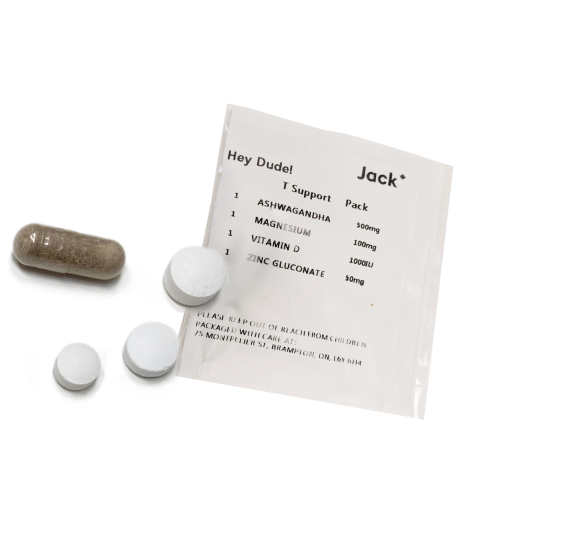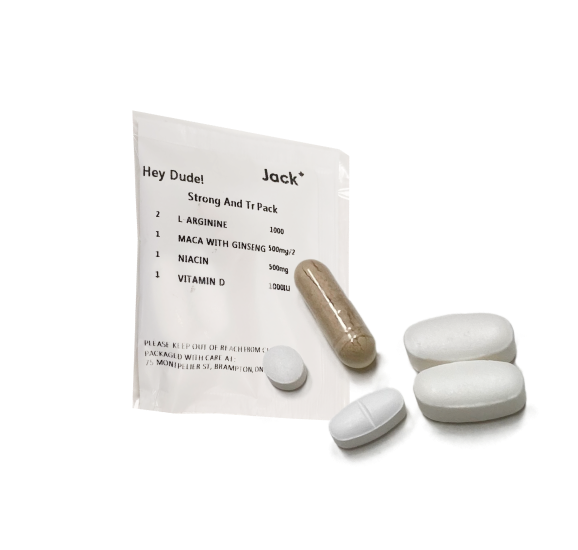The link between low testosterone and ED is complex. Not all men with low testosterone experience ED, and not all cases of ED are caused by low testosterone. Other factors, such as cardiovascular disease, diabetes, and certain medications, can also contribute to erectile difficulties. In this article, we’ll explore the connection between low testosterone and ED in more detail.
We’ll discuss how testosterone affects sexual function, the symptoms of low testosterone, and the various treatment options available. By understanding the relationship between these two conditions, you can take steps to improve your sexual health and overall well-being.
So, let’s dive in and explore the complex relationship between low testosterone and erectile dysfunction.
What is Low Testosterone?
Testosterone is the primary male sex hormone produced mainly in the testicles. It plays a key role in male sexual development, muscle mass, bone density, red blood cell production, and overall well-being. Low testosterone, also known as hypogonadism or testosterone deficiency syndrome, occurs when the body doesn’t produce enough of this hormone.
The Basics of Erectile Dysfunction
Erectile dysfunction (ED) is the inability to achieve or maintain an erection sufficient for satisfactory sexual activity. It is a common condition, affecting up to 50% of Canadian men over 40 to some degree.
ED can have physical or psychological causes and is often related to hormonal factors like low testosterone.
Whether you’re experiencing symptoms of low testosterone, struggling with ED, or simply looking to maintain optimal sexual health as you age, read our guide on how how to maintain an erection longer.
The Connection Between Low Testosterone and ED
Erectile dysfunction (ED) can be a complex issue with various underlying causes. One significant factor often linked to ED is low testosterone levels in men. Testosterone plays a crucial role in male sexual function, including libido and the ability to achieve and maintain erections. Understanding the relationship between low testosterone and ED is essential for effective diagnosis and treatment.
Exploring the Link Between Low T and ED
Testosterone is essential for achieving and maintaining an erection. It helps stimulate the production of nitric oxide, which relaxes the blood vessels in the penis, allowing increased blood flow necessary for an erection. When testosterone levels are low, this process is impaired, potentially leading to ED.
How Does Low Testosterone Impact Sexual Function?
Low testosterone can lead to decreased libido, reduced sexual arousal, weaker erections, and diminished sexual performance (here’s what to know about premature ejaculation). It may also cause other symptoms that indirectly affect sexual function, such as fatigue, depressed mood, reduced muscle mass, and increased body fat. However, low testosterone is not the only cause of ED, and many men with low T may still have normal erections.
Diagnosing and Treating Low Testosterone and ED
Diagnosing and treating low testosterone and erectile dysfunction (ED) are critical aspects of men’s sexual health. We’ll explore diagnostic methods and therapeutic interventions, aiming to empower individuals and healthcare professionals with effective strategies for addressing these common issues.
Symptoms and Diagnosis of Low Testosterone and ED
Common symptoms of low testosterone include low sex drive, ED, fatigue, depressed mood, reduced lean body mass, irritability, and decreased sense of well-being. If low T is suspected, a blood test measuring total testosterone levels is performed, usually in the morning when levels are highest.
ED is diagnosed through patient history, physical exam, and validated questionnaires like the International Index of Erectile Function (IIEF). Additional tests may be done to rule out underlying conditions like diabetes, cardiovascular disease, or prostate issues.
Testosterone Replacement Therapy and Its Effects on ED
For men diagnosed with low testosterone, testosterone replacement therapy (TRT) can be considered. TRT is available in various forms in Canada, including gels, patches, injections, and oral capsules. TRT can improve libido, erectile function, muscle mass, bone density, and overall quality of life in men with symptomatic hypogonadism.
However, TRT is not always effective for ED in men with normal testosterone levels and may not be appropriate for everyone. Potential risks include acne, sleep apnea, enlarged prostate, and increased red blood cell counts (here, we discussed the TRT side effects you should know). Men seeking fertility preservation should not use TRT as it can reduce sperm production.
Other Factors Influencing ED
While low testosterone is a significant contributor to erectile dysfunction, it’s essential to recognize that ED can stem from various factors. Vascular issues, neurological disorders, medications, and psychological factors such as stress or depression can all impact sexual function. Understanding these additional influences is crucial for comprehensive assessment and treatment planning.
Beyond Low Testosterone: Other Causes of ED
While low testosterone can contribute to ED, there are many other potential causes, including:
- Vascular diseases like atherosclerosis, high blood pressure, high cholesterol
- Diabetes
- Neurological disorders
- Prostate surgery or radiation therapy
- Certain medications (e.g. antidepressants, blood pressure drugs)
- Psychological factors like stress, anxiety, depression
- Lifestyle factors like smoking, alcohol abuse, obesity, lack of exercise
A thorough evaluation is necessary to identify reversible causes of ED and guide appropriate treatment.
Misconceptions About Low T and ED
One common misconception is that testosterone levels decline steadily as men age and that this is the main cause of age-related ED. While average testosterone levels do decrease with age, many older men still have normal levels. Age-related ED is more often due to other health conditions that become more common with aging.
Another misconception is that TRT is a universal solution for ED. In reality, TRT is most effective for men with clearly low testosterone levels and is not recommended as a first-line treatment for ED in men with normal T levels.
Lifestyle and Natural Remedies
In addition to medical interventions, lifestyle changes, and natural remedies can play a vital role in managing ED. Adopting a healthy diet, regular exercise, stress reduction techniques, and adequate sleep can improve overall health and contribute to better sexual function. Furthermore, certain supplements and alternative therapies may offer additional support, although their efficacy varies, and consultation with a healthcare professional is advised.
Lifestyle Changes to Improve Testosterone Levels and ED
Certain lifestyle modifications may help improve testosterone levels and erectile function:
- Maintaining a healthy weight through diet and exercise
- Limiting alcohol intake
- Quitting smoking
- Managing stress and getting adequate sleep
- Treating underlying health conditions like diabetes or heart disease
Natural Testosterone Boosters and Their Effect on ED
Some natural supplements are marketed as testosterone boosters for improving ED, such as herbs, vitamins, and minerals. However, the efficacy and safety of these products are not well-established, and they are not recommended as a substitute for medical evaluation and evidence-based treatments. Some may even interact with medications or have side effects.
Risks and Considerations
In addition to medical interventions, lifestyle changes and natural remedies can play a vital role in managing ED. Adopting a healthy diet, regular exercise, stress reduction techniques, and adequate sleep can improve overall health and contribute to better sexual function. Furthermore, certain supplements and alternative therapies may offer additional support, although their efficacy varies, and consultation with a healthcare professional is advised.
Potential Risks of Testosterone Therapy in Treating ED
TRT carries potential risks, especially if used inappropriately or without proper monitoring. These include:
- Acne and oily skin
- Mild fluid retention
- Stimulation of prostate tissue, with risk of worsening urinary symptoms
- Breast enlargement or tenderness
- Worsening of sleep apnea
- Decreased sperm production and fertility
- Increased red blood cell count, which may increase the risk of clotting
- Possible increased risk of prostate cancer progression
When to Seek Medical Advice for Low Testosterone and ED
Men experiencing symptoms of low testosterone or ED should consult with their healthcare provider. A medical evaluation can help identify underlying causes, assess cardiovascular risk factors, and guide appropriate treatment decisions. This is especially important for men with chronic health conditions or who are taking medications that may affect sexual function.
Key Takeaways
- Low testosterone and ED are common conditions that are often related but have multiple potential causes.
- A comprehensive medical evaluation is necessary to diagnose low testosterone, identify reversible causes of ED, and guide treatment.
- Testosterone replacement therapy can be effective for men with symptomatic hypogonadism but carries risks and is not appropriate for everyone.
- Lifestyle changes, treating underlying health problems, and appropriate use of ED medications are important aspects of managing these conditions.
- Men with persistent symptoms of low testosterone or ED should seek medical advice for individualized assessment and treatment recommendations.
Frequently Asked Questions
Can High Testosterone Levels Also Cause ED?
High testosterone does not directly cause ED. However, abuse of anabolic steroids, which contain high doses of synthetic testosterone or related compounds, can paradoxically lead to low testosterone and ED after stopping use due to suppression of natural testosterone production.
How Effective Is Viagra in Men with Low Testosterone?
Phosphodiesterase-5 (PDE5) inhibitors like Viagra (sildenafil) are considered first-line treatments for ED and can be effective in men with or without low testosterone. However, men with low testosterone may have a poorer response to PDE5 inhibitors compared to men with normal levels. In some cases, combination therapy with TRT and a PDE5 inhibitor may be recommended.
Can Testosterone Therapy Restore Fertility in Men with ED?
No, TRT does not improve fertility and may actually reduce it. Exogenous testosterone suppresses the body’s natural production of testosterone and sperm. Men with low testosterone who are interested in preserving fertility should consider alternative treatments like human chorionic gonadotropin (hCG) or selective estrogen receptor modulators like clomiphene.
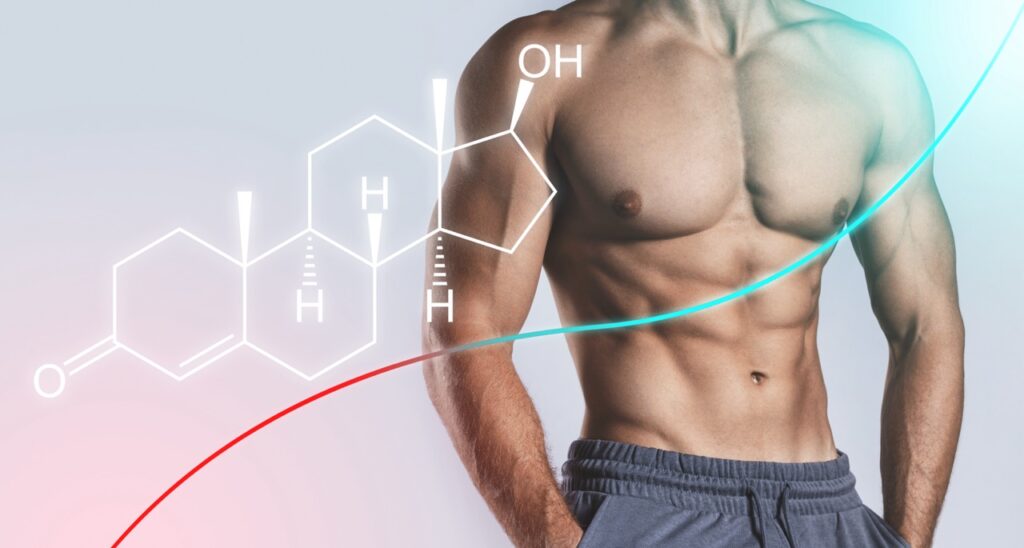





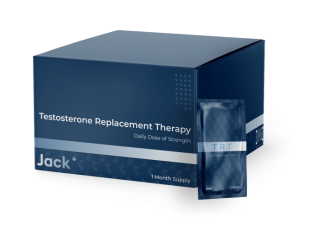
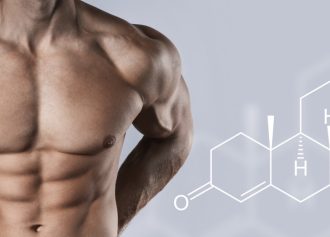






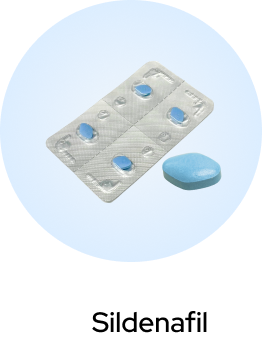
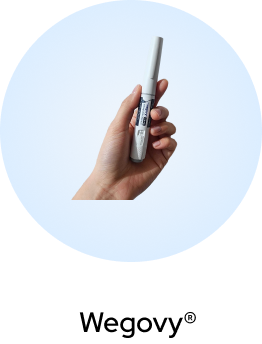
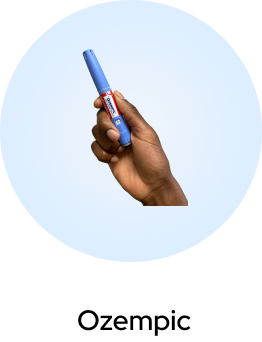


 (US)
(US)